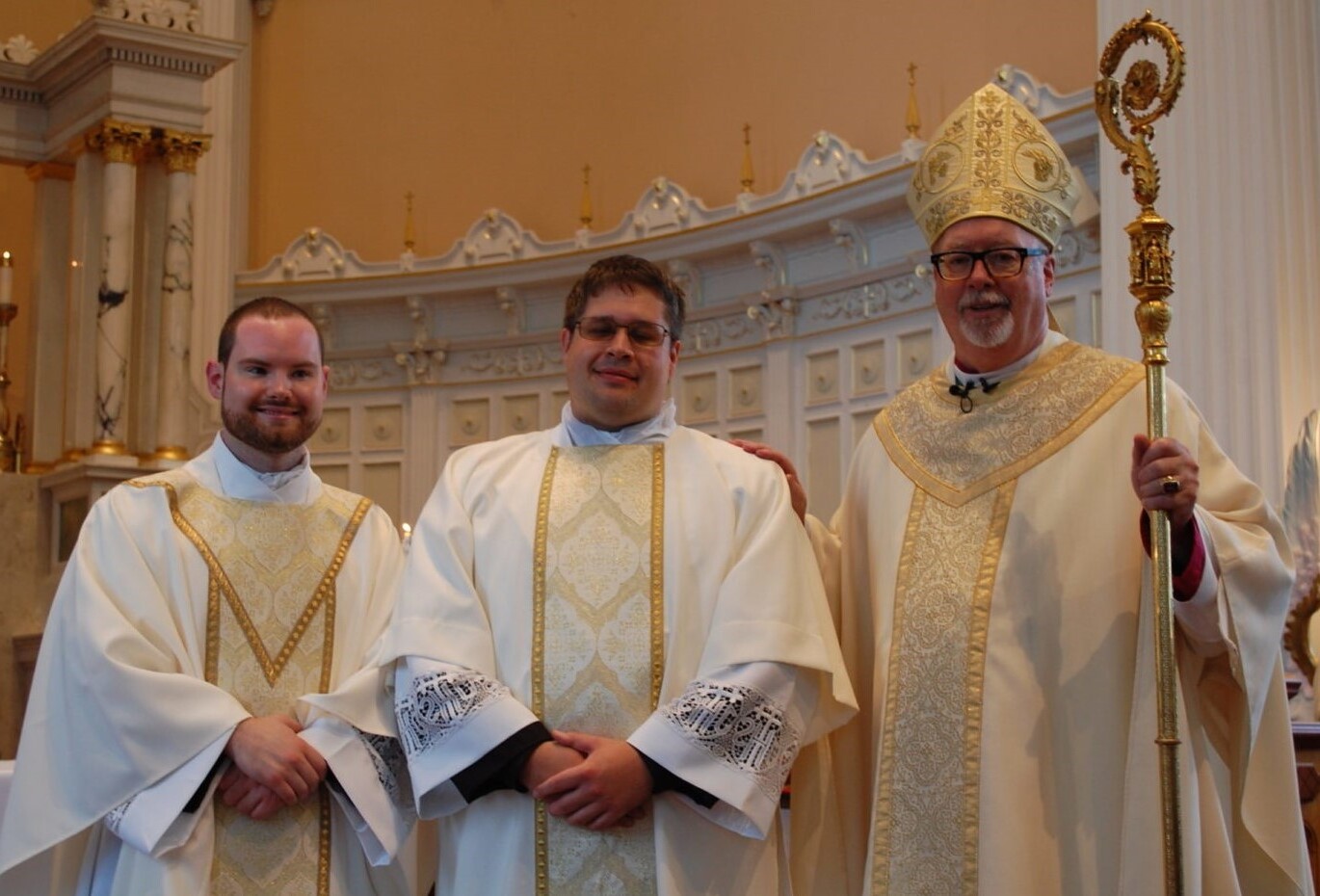
Religious priests have been pivotal figures in various faith traditions for centuries. They serve as spiritual guides, community leaders, and keepers of cultural heritage. What exactly does a religious priest do? From leading worship services to performing sacred rituals, their roles are diverse and deeply rooted in history. Whether in Christianity, Islam, Hinduism, or Buddhism, priests undergo rigorous training and ordination processes to fulfill their duties. They provide spiritual guidance, perform ceremonies, and engage in community service. Despite facing modern challenges like secularism and evolving social norms, priests continue to play a vital role in maintaining the spiritual and cultural fabric of their communities.
Historical Background
Religious priests have been around for centuries, playing key roles in various cultures and faiths. Their duties and significance have evolved, but their core mission remains the same: to serve their communities spiritually and morally.
- Ancient Roots: The idea of a priestly class dates back to ancient civilizations where spiritual leaders mediated between the divine and human realms.
- Evolution Over Time: The role of priests has adapted to societal changes and theological interpretations, reflecting the needs of their communities.
Role in Different Religions
Priests serve in diverse religious contexts, each with unique responsibilities and traditions. Let's explore their roles in some major religions.
- Christianity: In Christianity, priests lead worship services, administer sacraments, and provide spiritual guidance.
- Islam: Imams in Islam lead prayers in mosques and offer religious guidance, chosen for their knowledge of the Quran.
- Hinduism: Hindu priests, known as Purohits or Brahmins, perform rituals and ceremonies, maintaining sacred fires and daily prayers.
- Buddhism: Buddhist monks and nuns engage in meditation, study, and charitable activities, often living in monasteries.
Training and Ordination
Becoming a priest involves rigorous training and a formal ordination process, which varies across religions.
- Christianity: Christian priests typically undergo extensive theological education and are ordained through a sacramental ritual.
- Islam: Imams are chosen based on their Quranic knowledge, with many pursuing advanced studies in Islamic theology.
- Hinduism: Hindu priests train under experienced Purohits, learning sacred texts and mastering ceremonies.
- Buddhism: Buddhist monks and nuns undergo intensive training, including study, meditation, and practical service, followed by formal ordination.
Responsibilities
Priests have a wide range of duties, from spiritual guidance to community service.
- Spiritual Guidance: Priests counsel individuals, lead prayer services, and interpret religious texts.
- Rituals and Ceremonies: They perform weddings, funerals, and holiday rituals, maintaining the community's spiritual health.
- Community Service: Many priests engage in charitable work and social justice initiatives, helping those in need.
- Education: Some priests teach religious studies, write theological books, and contribute to academic research.
Celibacy
Celibacy is a significant and sometimes controversial aspect of the priesthood in certain religions.
- Catholicism and Eastern Orthodoxy: Priests in these traditions take a vow of celibacy, dedicating themselves fully to their spiritual duties.
The Vital Role of Religious Priests
Religious priests are essential figures in many faith traditions, providing spiritual guidance, performing rituals, and serving their communities. Their roles have evolved over centuries, adapting to societal changes while maintaining core responsibilities like leading worship, offering counsel, and engaging in community service. Training and ordination processes vary across religions, but the commitment to spiritual leadership remains constant.
Modern challenges like secularism, changing social norms, and controversies such as sexual abuse scandals have tested the resilience of priests. Yet, they continue to play a crucial role in social justice movements, mental health support, and interfaith dialogue. Digital platforms and inclusive practices are reshaping their outreach, making their work more accessible and relevant.
Priests' contributions to education, cultural preservation, and social justice highlight their enduring importance. As society evolves, their role remains vital in fostering understanding, compassion, and spiritual well-being.
Was this page helpful?
Our commitment to delivering trustworthy and engaging content is at the heart of what we do. Each fact on our site is contributed by real users like you, bringing a wealth of diverse insights and information. To ensure the highest standards of accuracy and reliability, our dedicated editors meticulously review each submission. This process guarantees that the facts we share are not only fascinating but also credible. Trust in our commitment to quality and authenticity as you explore and learn with us.


